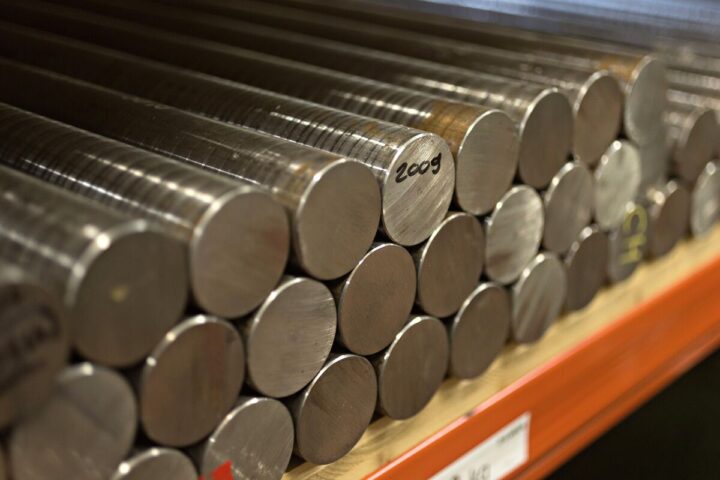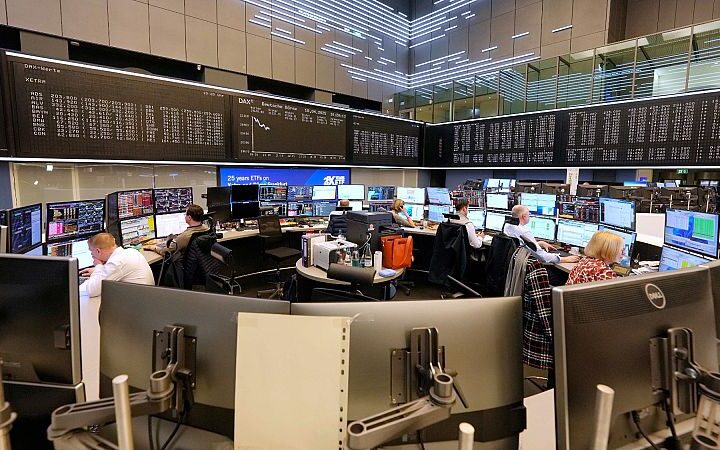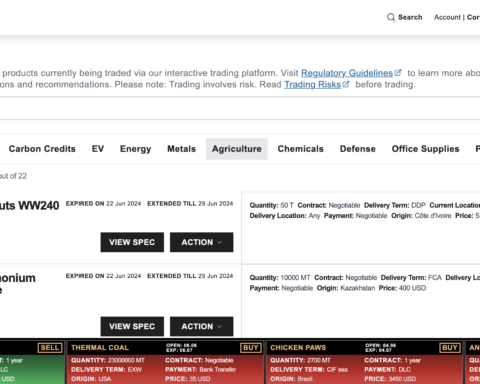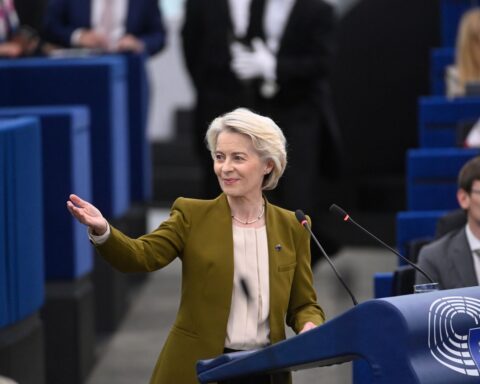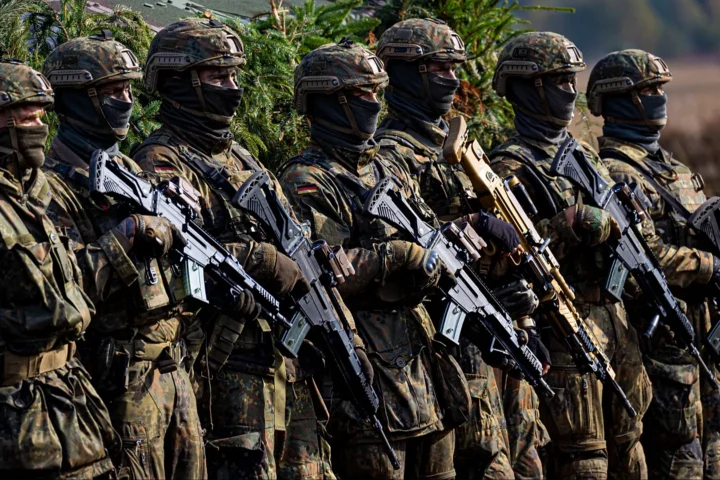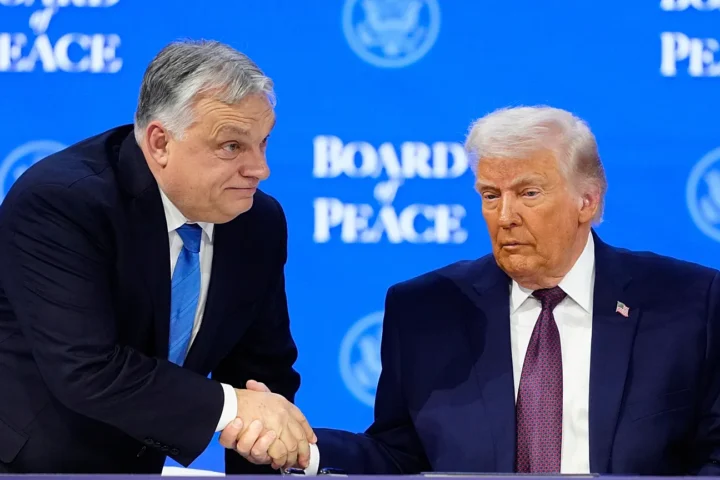Amid geopolitical tensions in the Middle East, financial markets reacted swiftly to reports of an alleged military strike by Israel on Iran, propelling both oil and gold prices upward.
Early trading on Friday saw a surge in oil prices, with both Brent and US crude experiencing notable gains following news of explosions in Iran. The initial spike, surpassing 3%, reflected heightened investor concerns and underscored the impact of geopolitical uncertainties on market dynamics.
Brent, the global benchmark, climbed 1.73% to reach $88.62 a barrel, briefly breaching the $90 mark, while US West Texas Intermediate (WTI) rose by 1.75% to $84.1 per barrel.
Commenting on the market fluctuations, Russ Mould, AJ Bell investment director, noted the brief surge in oil prices to over $90 per barrel before a slight retreat, accompanied by a corresponding rise in gold prices. The latter, often sought as a safe-haven asset during times of geopolitical unrest, approached all-time highs, reaching $2,411.09 per ounce in early trading on Friday.
Analysts at IG highlighted the broader impact of escalating tensions in the Middle East on financial markets, citing increased demand for safe-haven assets like gold and the US dollar, coupled with declines in stock markets and upticks in bond yields.
The recent escalation in tensions between Israel and Iran follows a series of confrontations, including Iran’s retaliatory strike against Israel with aerial drones and missiles in April. This exchange of hostilities underscores the volatile geopolitical landscape in the region, with implications for global commodity markets and central bank policies.
Central banks, including the European Central Bank (ECB), are closely monitoring these developments, as higher oil prices can influence inflation dynamics and potentially impact monetary policy decisions. Lithuanian ECB member Gegiminas Simkus recently suggested that geopolitical shocks, such as the Israel-Iran conflict escalation, could alter the ECB’s policy trajectory, potentially delaying anticipated rate cuts.
Goldman Sachs reports indicate an increase in Iran’s crude oil production, reaching approximately 3.4 million barrels per day, accounting for a significant share of global supply. The implications of these developments on global oil markets and regional stability remain key considerations for policymakers and market participants alike.



